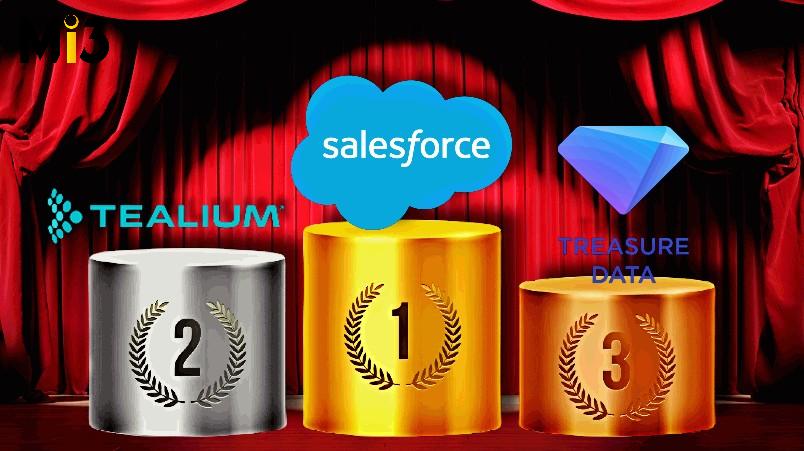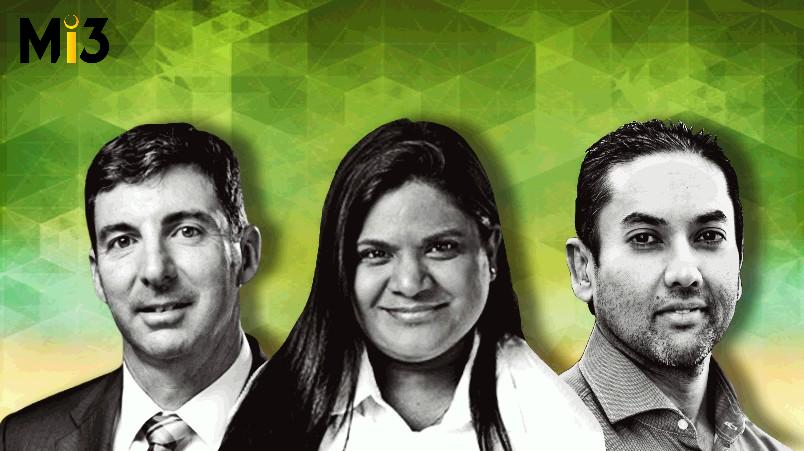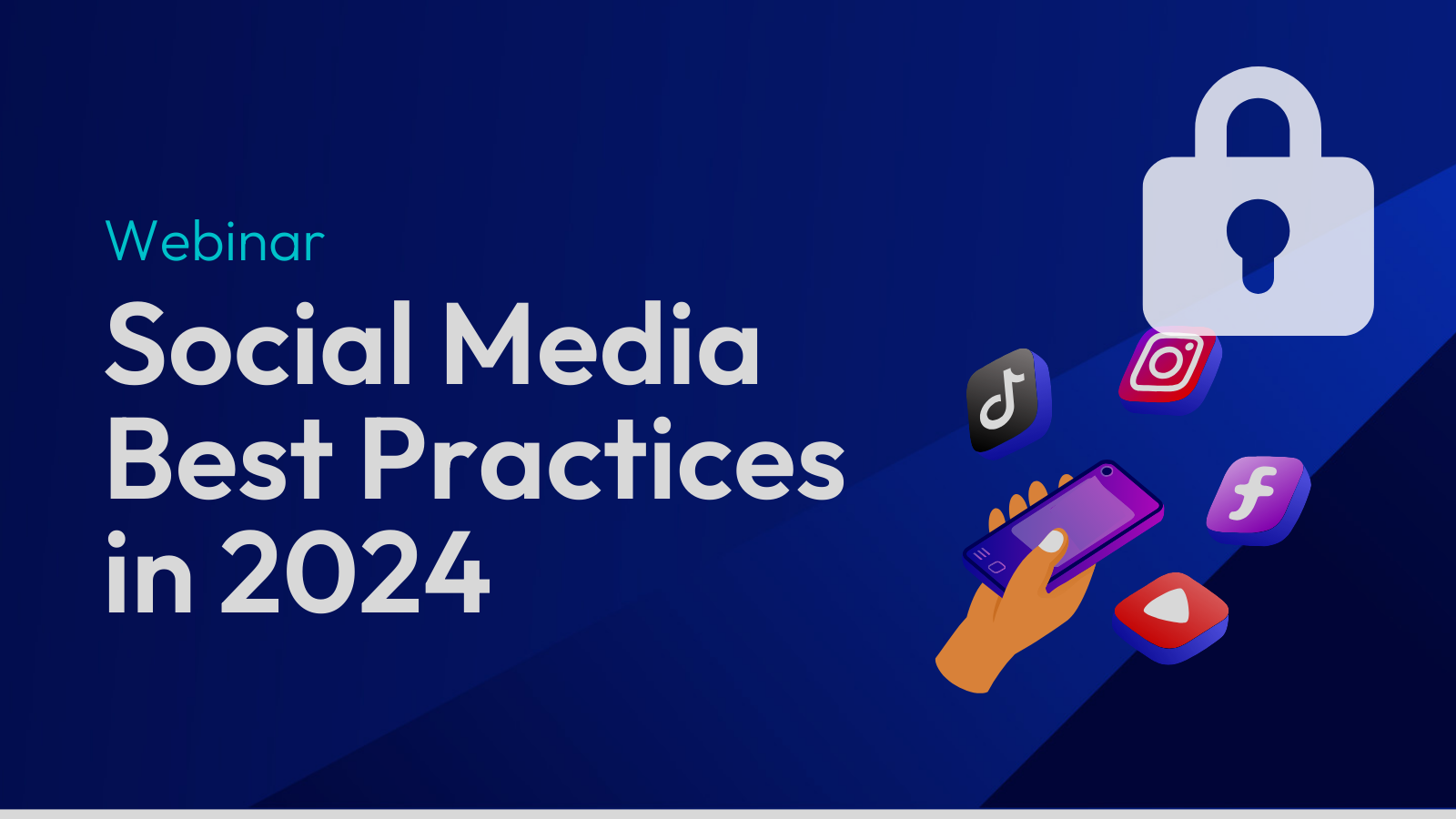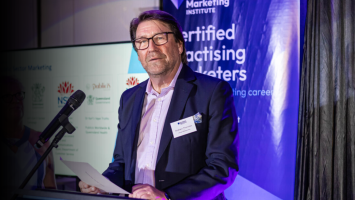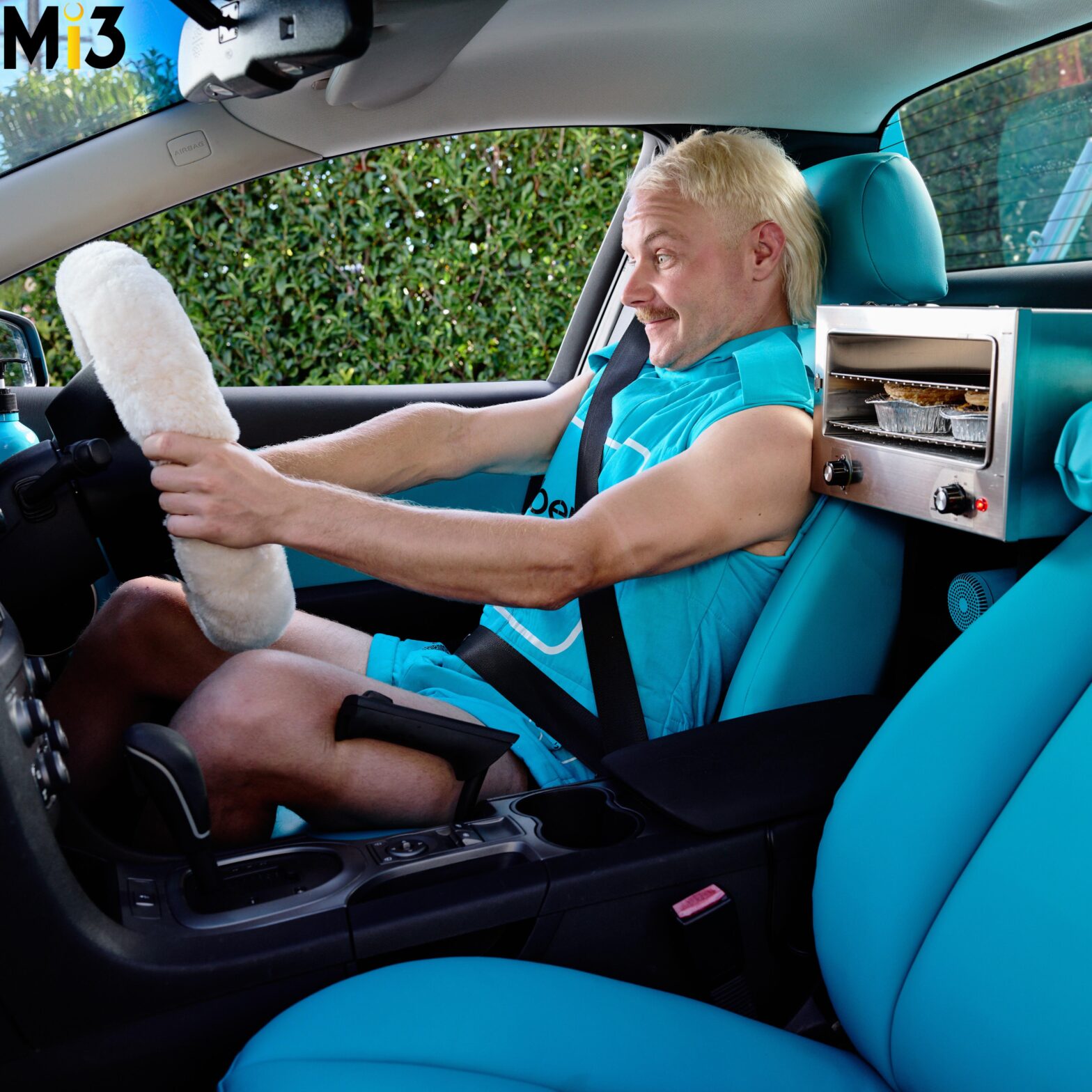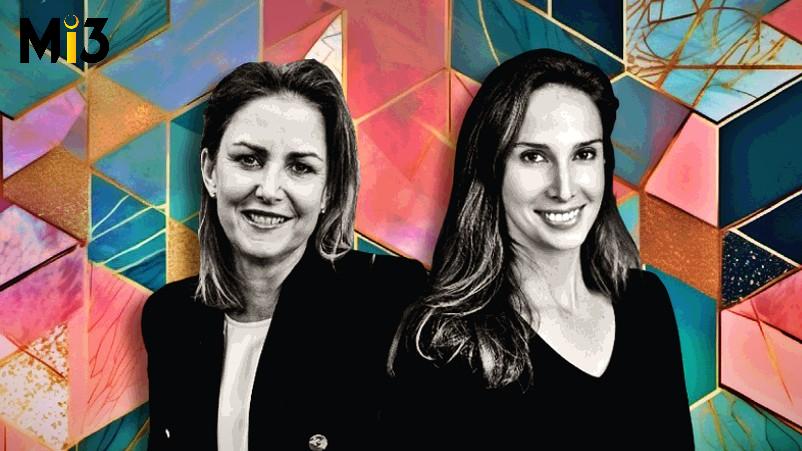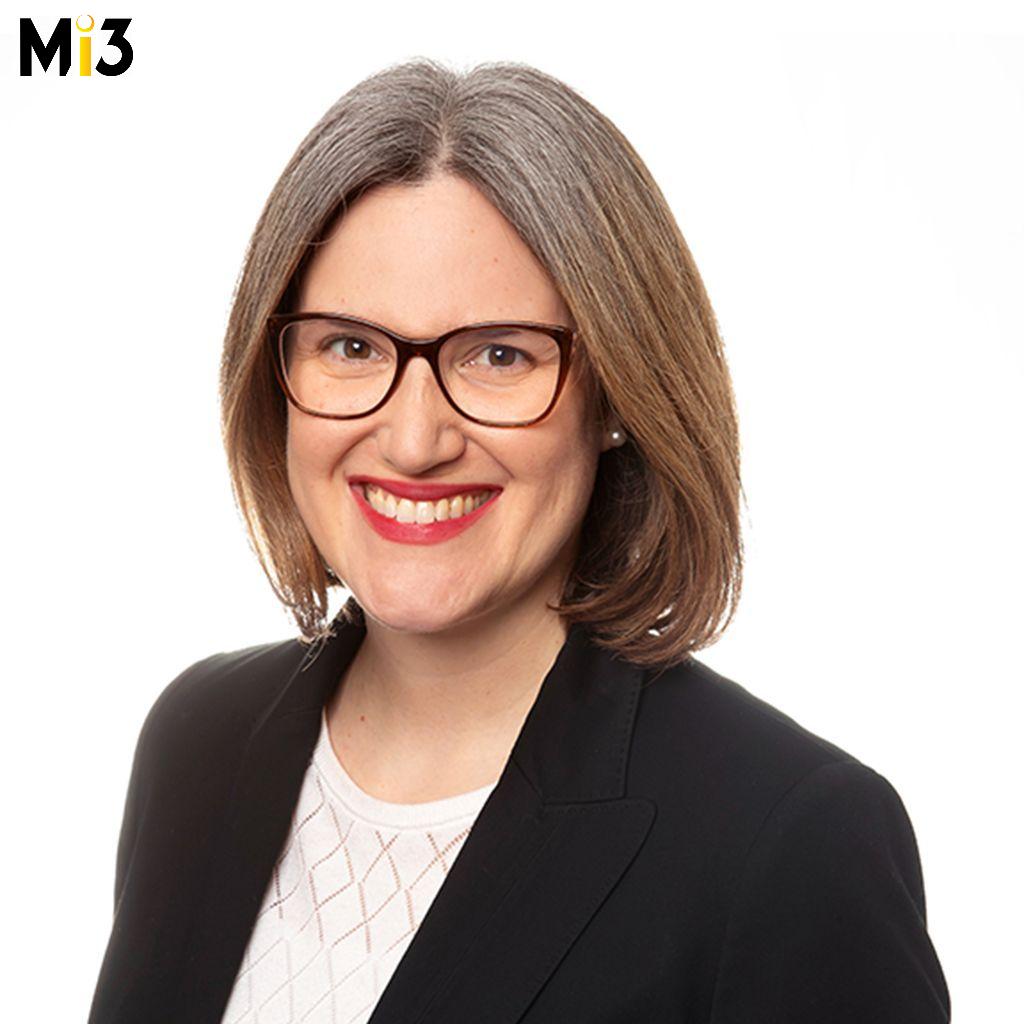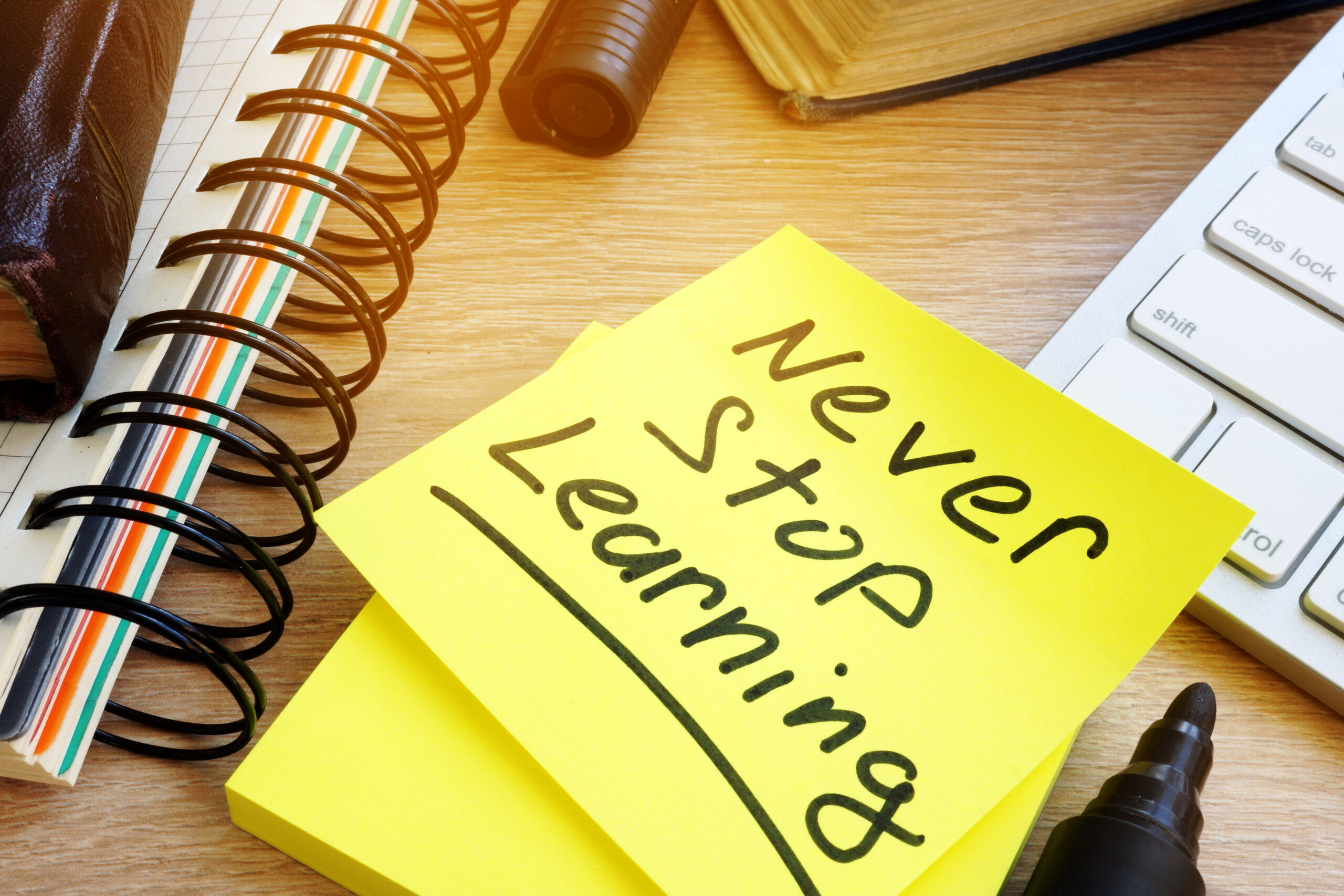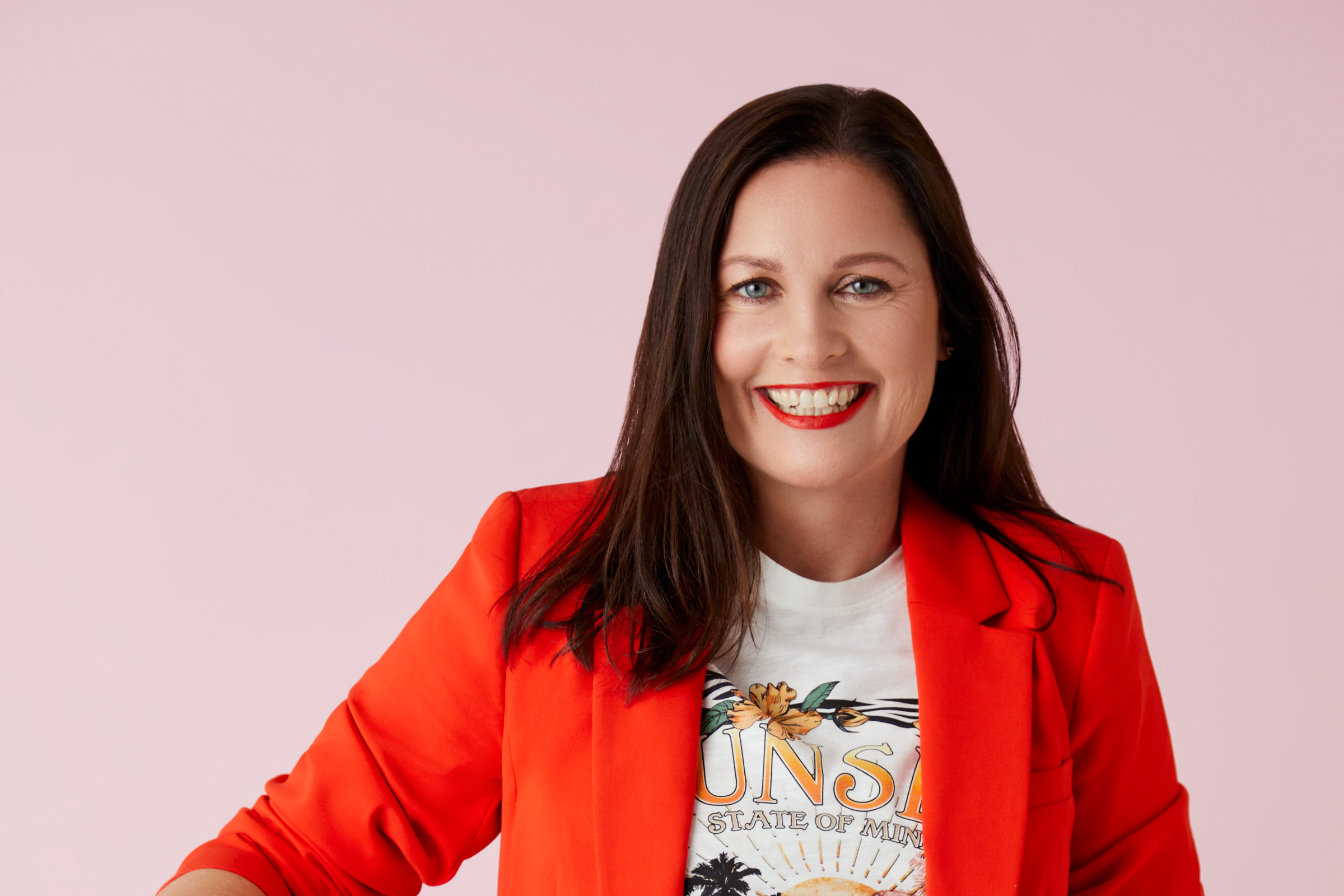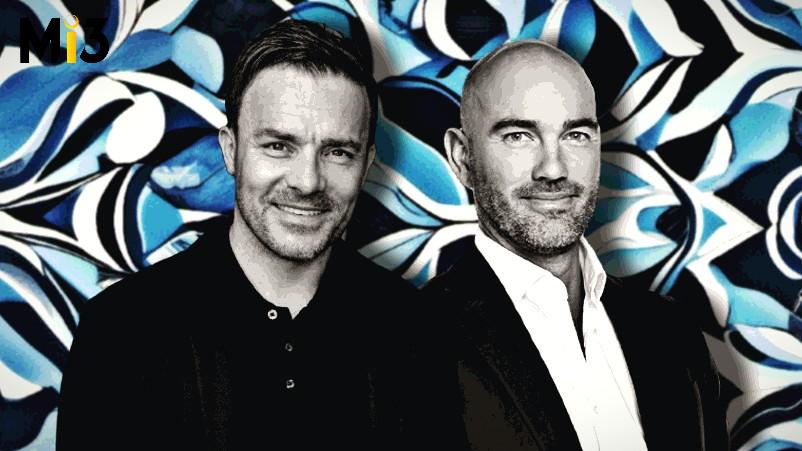 News
News
 More News
More News
Tumbleturn sets up fractional CMO practice to tackle marketi..
Growing complexity of the CMO role and the realisation of the dream of having a seat at the boardroom table has brought with it a growing remit and demanding ro...
Coles CEO Leah Weckert challenged on customer value, supplie..
Following the contempt of court threats that pervaded the morning of the current Senate Inquiry into Supermarket Prices against Woolworths CEO, Brad Banducci, f...
Achieving excellence through lifelong learning: insights for..
Attributable to Stephanie Conti, Manager, Customer Centricity &...
My Brillant Career..
Celeste Moroney, Director at Run Partners and AMI Non Executive Board Member I used to think that a career was linear. Then I found myself c...
Advancing your career in 2024 – the roadmap to success..
Andrew Thornton AMI Chair January 2024 During the Christmas/New Year break, many of you will have reflected on your career and where it’...
Why being a successful marketer is not just about marketing ..
Andrew Thornton AMI Chair April 2024 In today’s competitive market, professional marketers not only n...
Paramount+ kicks off ad tier sales but eschews Amazon, Binge..
Paramount+ is officially in market with an ad-funded streaming play but is keeping numbers tight. Initially audiences will be low, because it's eschewing the Am...
Stigma Health and HUD app join forces for STI Awareness Week..
Stigma Health, Australia's largest online sexual health clinic group, is joining forces with casual dating app HUD for STI Awareness Week 2024. The partnership ...






